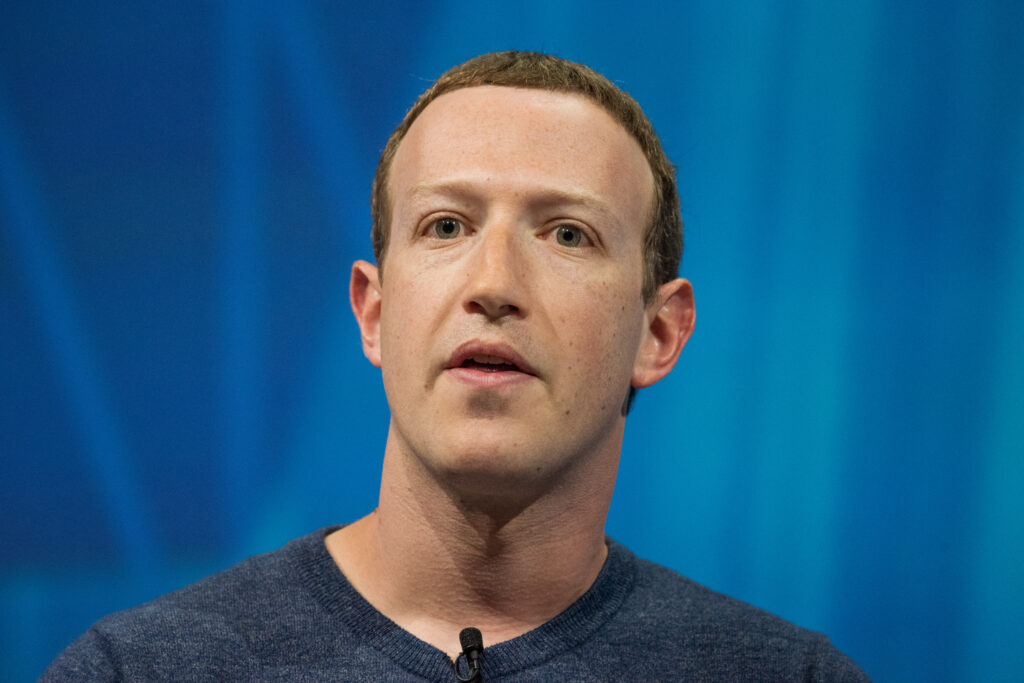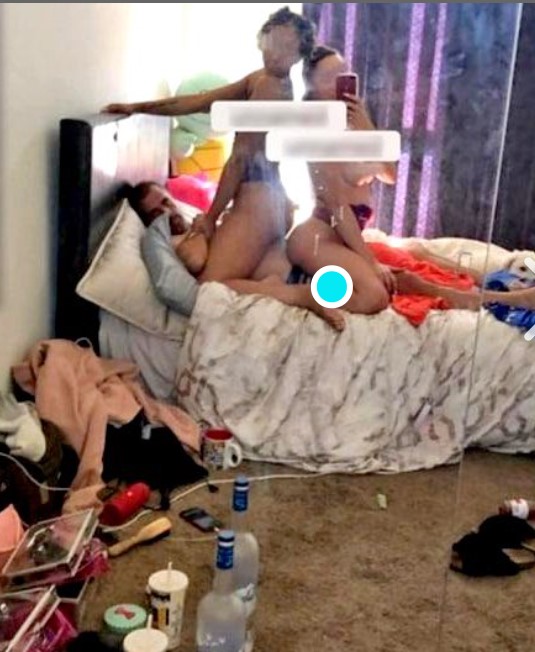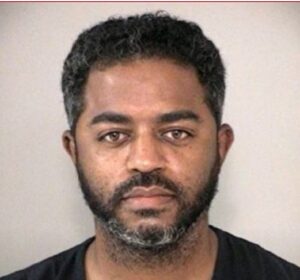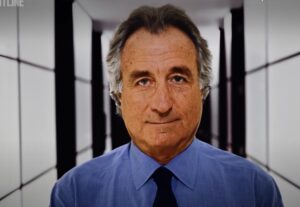ZUCKERBERG CONFESSES

SHUTTERSTOCK: 1098814604 PARIS, FRANCE - MAY 24, 2018 : Facebook CEO Mark Zuckerberg in Press conference at VIVA Technology (Vivatech) the world's rendezvous for startup and leaders.
Mark Zuckerberg, CEO of Meta, recently sent a letter to Rep. Jim Jordan, the Republican chair of the House Judiciary Committee, revealing that the Biden administration pressured Facebook to censor certain content during the COVID-19 pandemic.
Zuckerberg expressed regret for complying with these demands, stating that the pressure from the government was “wrong” and that Meta should have been more outspoken against it.
This admission has sparked significant controversy and debate about the role of social media companies in moderating content and their interactions with government officials.
In his letter, Zuckerberg detailed how senior officials from the Biden administration repeatedly pressured Meta to remove content related to COVID-19, including humor and satire. He noted that the administration expressed frustration when Meta did not comply with their requests.
Zuckerberg emphasized that while Meta ultimately made its own decisions regarding content moderation, the external pressure influenced their actions. He vowed that Meta would push back against such demands in the future to maintain their content standards and integrity.
The revelation has been met with mixed reactions. Republicans, including Jim Jordan, have celebrated the letter as a victory for free speech, arguing that it highlights undue government influence over social media platforms
On the other hand, the White House defended its actions, stating that during the pandemic, it encouraged responsible actions to protect public health and safety. This ongoing debate underscores the complex relationship between government authorities and private tech companies, especially in the context of public health crises and political content.
Zuckerberg’s letter also touched on other instances where Meta faced pressure to moderate content, such as the coverage of Hunter Biden’s laptop ahead of the 2020 election.

He acknowledged that the decision to demote the story, which was initially believed to be part of a Russian disinformation campaign, was a mistake in hindsight. This admission adds another layer to the ongoing scrutiny of how social media platforms handle politically sensitive information and the broader implications for free speech and public trust in these platforms.





 Afrikaans
Afrikaans Albanian
Albanian Amharic
Amharic Arabic
Arabic Armenian
Armenian Azerbaijani
Azerbaijani Basque
Basque Belarusian
Belarusian Bengali
Bengali Bosnian
Bosnian Bulgarian
Bulgarian Catalan
Catalan Cebuano
Cebuano Chinese (Simplified)
Chinese (Simplified) Chinese (Traditional)
Chinese (Traditional) Corsican
Corsican Croatian
Croatian Czech
Czech Danish
Danish Dutch
Dutch Esperanto
Esperanto Estonian
Estonian Filipino
Filipino Finnish
Finnish French
French Frisian
Frisian Galician
Galician Georgian
Georgian German
German Greek
Greek Gujarati
Gujarati Haitian Creole
Haitian Creole Hausa
Hausa Hawaiian
Hawaiian Hebrew
Hebrew Hindi
Hindi Hmong
Hmong Hungarian
Hungarian Icelandic
Icelandic Indonesian
Indonesian Irish
Irish Italian
Italian Japanese
Japanese Javanese
Javanese Kannada
Kannada Kazakh
Kazakh Khmer
Khmer Korean
Korean Kyrgyz
Kyrgyz Lao
Lao Latin
Latin Latvian
Latvian Lithuanian
Lithuanian Luxembourgish
Luxembourgish Macedonian
Macedonian Malagasy
Malagasy Malay
Malay Malayalam
Malayalam Maltese
Maltese Maori
Maori Marathi
Marathi Mongolian
Mongolian Myanmar (Burmese)
Myanmar (Burmese) Nepali
Nepali Norwegian
Norwegian Pashto
Pashto Persian
Persian Polish
Polish Portuguese
Portuguese Punjabi
Punjabi Romanian
Romanian Russian
Russian Samoan
Samoan Scottish Gaelic
Scottish Gaelic Serbian
Serbian Sesotho
Sesotho Shona
Shona Sindhi
Sindhi Sinhala
Sinhala Slovak
Slovak Slovenian
Slovenian Somali
Somali Spanish
Spanish Sundanese
Sundanese Swahili
Swahili Swedish
Swedish Tajik
Tajik Tamil
Tamil Telugu
Telugu Thai
Thai Turkish
Turkish Ukrainian
Ukrainian Urdu
Urdu Uzbek
Uzbek Vietnamese
Vietnamese Welsh
Welsh Yiddish
Yiddish Yoruba
Yoruba Zulu
Zulu